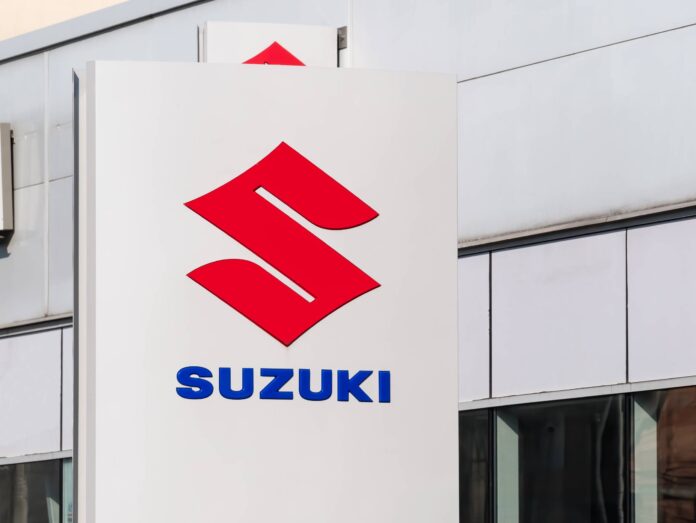LAHORE: Suzuki has notified the Pakistan Stock Exchange (PSX) of extending the plant shutdown for its motorcycles till April 15, while its automotive plant will observe shutdowns on April 7 and April 14. The company has attributed the decision to the restrictions placed by the government in accessing letters of credit to import raw materials, and authorising foreign payments.
The extension of the motorcycle plant shutdown has increased the total duration of the shutdown from 12 to 27 calendar days.
Industry-wide phenomenon
Suzuki’s decision comes a mere three days after Honda’s decision to extend its plant shutdown till April 15 as well, whereby Honda will cross the one month mark in terms of not having produced cars. Toyota announced its second round of non-production days (NPD) for 2023 from March 24 to March 27, after already observing them from February 1 to February 14 and moving to a single production shift. Ghandhara Tyre & Rubber Company and Hinopak Motors will also observe NPDs from March 24 to April 3 and March 24 to April 4, respectively.
Ghandhara Nissan observed NPDs from March 6 to March 10 and shifted to a bi-weekly production schedule for the rest of March. Agriauto Industries announced a partial shutdown for the entire month of March, while Sazgar announced NPDs for its four-wheel plant from February 27 to March 4.
Similarly, Suzuki also observed NPDs for its four-wheelers from January 2 to January 6, from January 9 to January 13, from January 16 to January 20, and from February 13 to February 21. Millat Tractors also closed its plant from January 6 to January 15.




